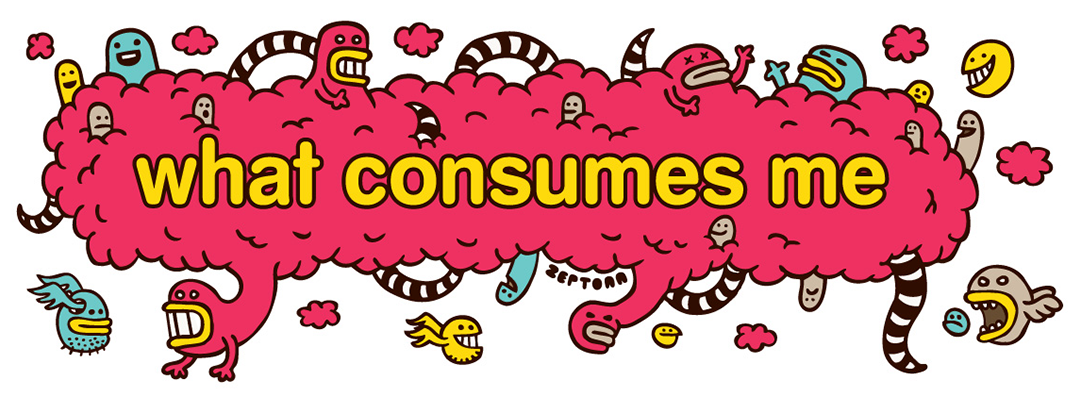Earlier this year I had to stop using one of my favorite file sharing services, Drop.io, when they were purchased by Facebook and all of their data was shut down. I’m still waiting for Facebook to make this technology available again.
I used to rely on Backtweets to track who was linking to my blog and to my client projects from Twitter. This service was purchased by Twitter and then shut down. I’m still waiting for Twitter to make this available again.
Yesterday, Google decided to neuter its Reader product by shutting down sharing and re-routing its social services to Google Plus. This blog runs on my Google Reader shared items which have now been deleted and the feature itself has been disabled. For now, shared items are shut down until I scramble to find a replacement service.
From a business perspective, I understand why Google made this decision. Google Plus is the basket in which they’ve put all of their social eggs. And trimming social from their existing products inherently means that they’ll have less resources spread out. I also am very conscious of the notion that, “if you’re using the product for free, then you’re the product being sold.” I think the resource argument is a short-term thinking trap, that any company needs more bets than one in market, but I can’t argue that Google doesn’t have the right to modify their own platform.
But I can argue that they shouldn’t. And that as users of their platform, as the products being sold, we may have some right to fight for the features and products we love. We have a reactive choice. It’s called protest. Try Googling “Occupy Google Reader” – I shit you not. The social features inside Reader supported their most advanced and ardent user base and it even protected pro-democracy forces in Iran. It was important and now people want to fight for it, even if they can’t. But nature abhors a vacuum. Even as we speak, some of Reader’s users are attempting to build their own version of the utility, with social features, to fill the gap. With all of this passion and labor, I’m struck thinking that Google surely could have found something to do with these people beyond disappoint them. But again, it’s Google’s choice to make an engineering decision over a cultural one. But that sort of reminds me of another tech giant. The one in Seattle.
I can argue that we, the normally silent user base helping to propel these tech start-ups to fame and fortune, should be rewarding the companies willing to extend some protections beyond harm to body or mind to their users. We are another sort of 99% – the tangible value behind these products – and we should demand that social products respect the communities that we form, the connections we make, and the content we create in the process.
Community is where I think the typical arguments about value exchange in systems like these fall flat. It’s no longer about the value I personally give and give up for the sake of utility. How do you value new friends and new family? What’s that worth in display inventory and lines of code? And how do you measure the loss of it? That’s why I find Reader’s recent changes much more detrimental and troubling than losing utilities like Drop.io or Backtweets. I’ve lost a community of people I regularly communicate with and I’ve lost the value that community brought to my life.
My friends Rob and Alex over at Fearless worked on a new Consumer Bill of Rights earlier this year. I think we need to amend and extend this to digital products and services to protect our communities. And I think we need to demand that the firms we labor for agree to these new standards.
